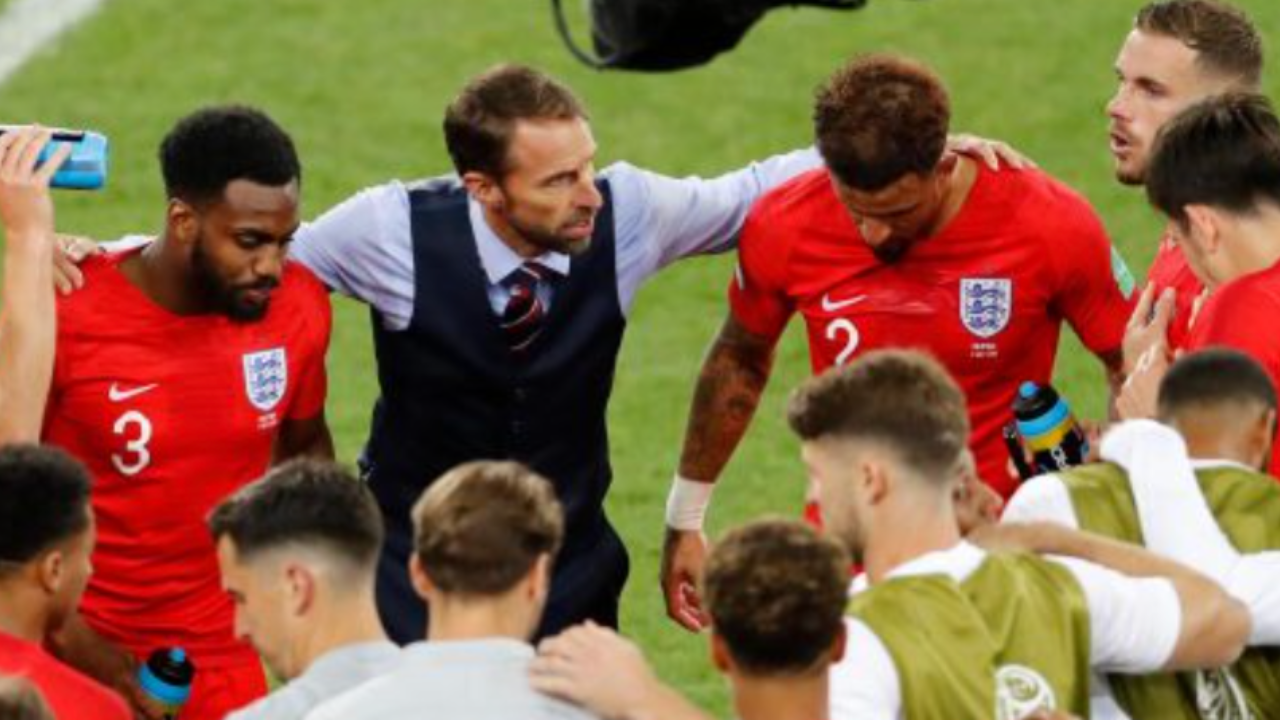Incorporating player feedback

Within football, success is not just a product of strategic brilliance and tactics, but also a result of strong teamwork and effective communication. Whilst coaches and analysts, of course, play a pivotal role in shaping a team's performance, we shouldn't ignore the impact that we can get from the players too.
In this post, I explore the significance of incorporating player feedback into your post-match analysis. This collaborative approach should not be ignored as it is always good practice to take on different perspectives. This will of course be different for different teams considering various aged players and abilities.
Here are some aspects to consider...
Allowing open communication
Creating an environment where players feel comfortable expressing their thoughts is fundamental. Coaches who encourage open communication, build trust within the team. When players feel that their perspectives are valued, are more likely to share their observations, concerns, and suggestions, leading to a richer analysis of the game. Never a bad thing and it also pushes the players to think more about their roles and responsibilities on the pitch.
Taking player insights on board
Players experience the game in a profoundly personal way. Their on-field perspectives provide unique insights into the flow of the match, opponent movements, and the challenges faced during play. By taking these first-hand experiences and knowledge on board, coaches gain a deeper understanding of the game's nuances, enabling them to make more informed tactical decisions.
Identify strengths & weaknesses
By understanding how players perceive their own strengths and challenges, coaches can tailor training sessions to enhance players’ abilities and address specific weaknesses. This targeted approach allows personal growth, contributing to an overall improvement in team dynamics. They are likely more prevalent when working with academy players. It is the norm for each player to have individual development plans that focus specifically on their skills and how they can be improved over time.
Empower your players
Players often have intuitive knowledge about what works well on the pitch. Engaging them in discussions about strategies, attacking patterns, defensive formations, and set-piece plays can lead to new ideas ideas. Coaches (and analysts) can harness this creativity, integrating player suggestions into the team’s overall strategy, making players feel invested in the game plan. Remember the post from last week about building a game model/philosophy? If not, you can check it out HERE.
Team morale & unity
When players feel heard and respected, team morale soars. The sense of unity and camaraderie that arises from active participation in post-match analysis strengthens team bonds. Players become more motivated to collaborate, support each other, and collectively strive for success, creating a positive team culture that is essential for sustained excellence. This goes for any team, whether in sport or business. If the members of that team feel valued and enjoy the process, morale will increase.
Encourage Ownership
Incorporating player feedback encourages them to take ownership of their performance. When players actively contribute to the analysis process, they develop a sense of responsibility for their roles on the team. This accountability fosters a growth mindset, encouraging players to continuously work on improving their skills and elevating the team's overall performance. It is usual that some players take the analysis process more seriously that others. However, over time, this mindset will shift to the whole squad as positive actions and 'buy-in' will rub off on more players.
I mentioned at the start of this post how this approach may differ when working with different player types. The video below is from a podcast I did with Matty Owen, an academy analyst at Middlesbrough FC. He explains what the players get up to during the week and how they take ownership of reviewing their performances.
Incorporating player feedback into post-match analysis is not just a practice; it’s a philosophy that transforms teams into cohesive units capable of extraordinary achievements. It’s where the coach’s tactical knowledge meets the player’s intuitive understanding. Only the players can take part on the pitch, so shouldn't they be as clued up and knowledgable about the game plan? Of course, and one way of doing that is to involve them in the process.
So, as the coach and players sit down to analyse the game, they don't just dissect past events; they shape the future.
📧 If you enjoyed this post, why not consider subscribing to my free weekly newsletter where I share more tips and industry insights direct to your inbox. Just enter your email address in the field below.
📺 I also have a load of useful videos over on my YouTube channel including a podcast where I interview industry professionals to share more behind the scenes knowledge, advice and ideas.
📝 If you are wanting to improve your CV for a job in sport, you can grab my free template HERE.
💻 If you are a coach or analyst on the look-out for video analysis software (that is actually affordable!) then I got you… check THIS out.
Thank you for subscribing!
Have a great day!